About ADHD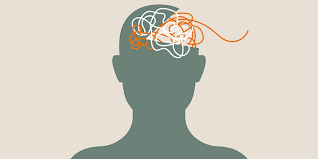
Bobbi-Jo Molokken ADHD Coach has collected material on various aspects of ADHD on her website. It is user friendly as she organizes it in many categories.
About Autism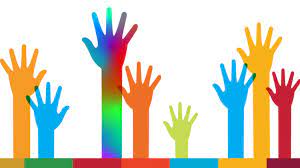
Here is a good article written by an autistic IFS practitioner. It gives insight into an autistic brain and stresses that autism is not a part. Parts, however, take on burdens like pain and extreme reactions in autistic people, like others.
Here is a good overview of main characteristics we can expect to see in autistic people. Still, remember that each autistic person is unique and presents these in different ways and degrees. It is also available in Polish language.
Spiritually bypassing emotional wounds
Michael Pasterski explains the concept and his journey in figuring it out.
Chronic physical pain and IFS psychotherapy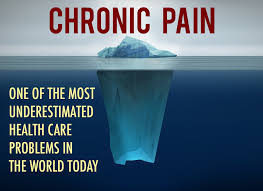
Article (2021) in Psychotherapy Networker exploring how IFS therapy can reduce / eliminate chronic pain and help people to break a vicious cycle that the pain has created in limiting their quality of life.
Mental health and menopause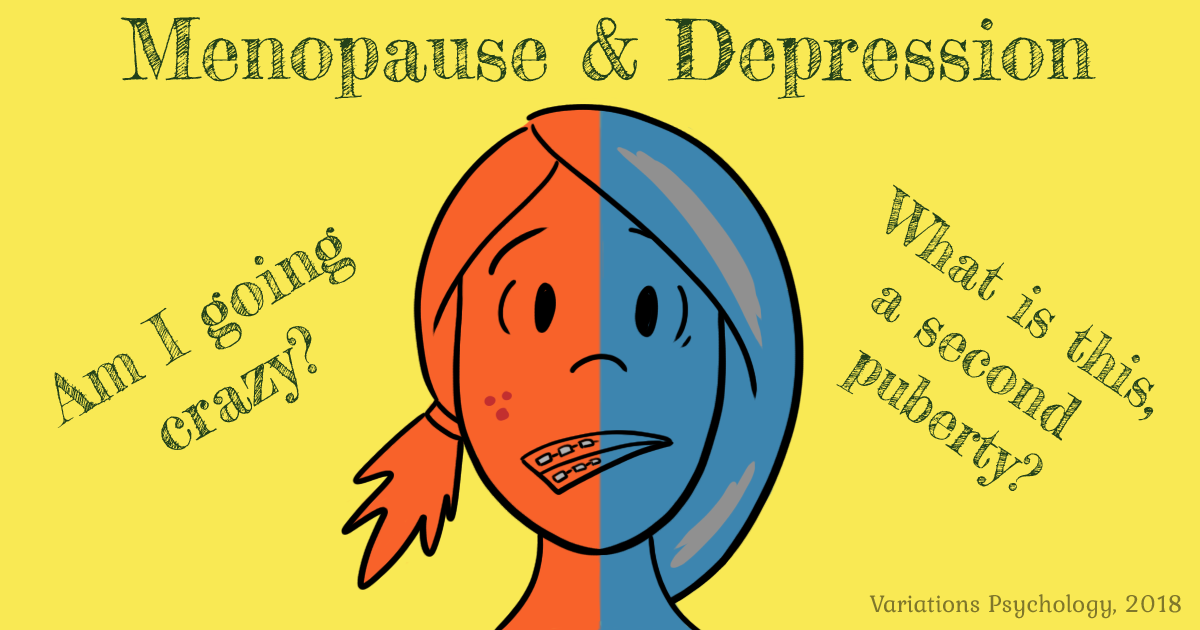
The years leading up to menopause can be the cause of mental distress like sleep disturbances, mood swings and depression. It might be worth it to explore this cause because the treatment might be different than distress by other causes.
What is IFS therapy and how is it applied?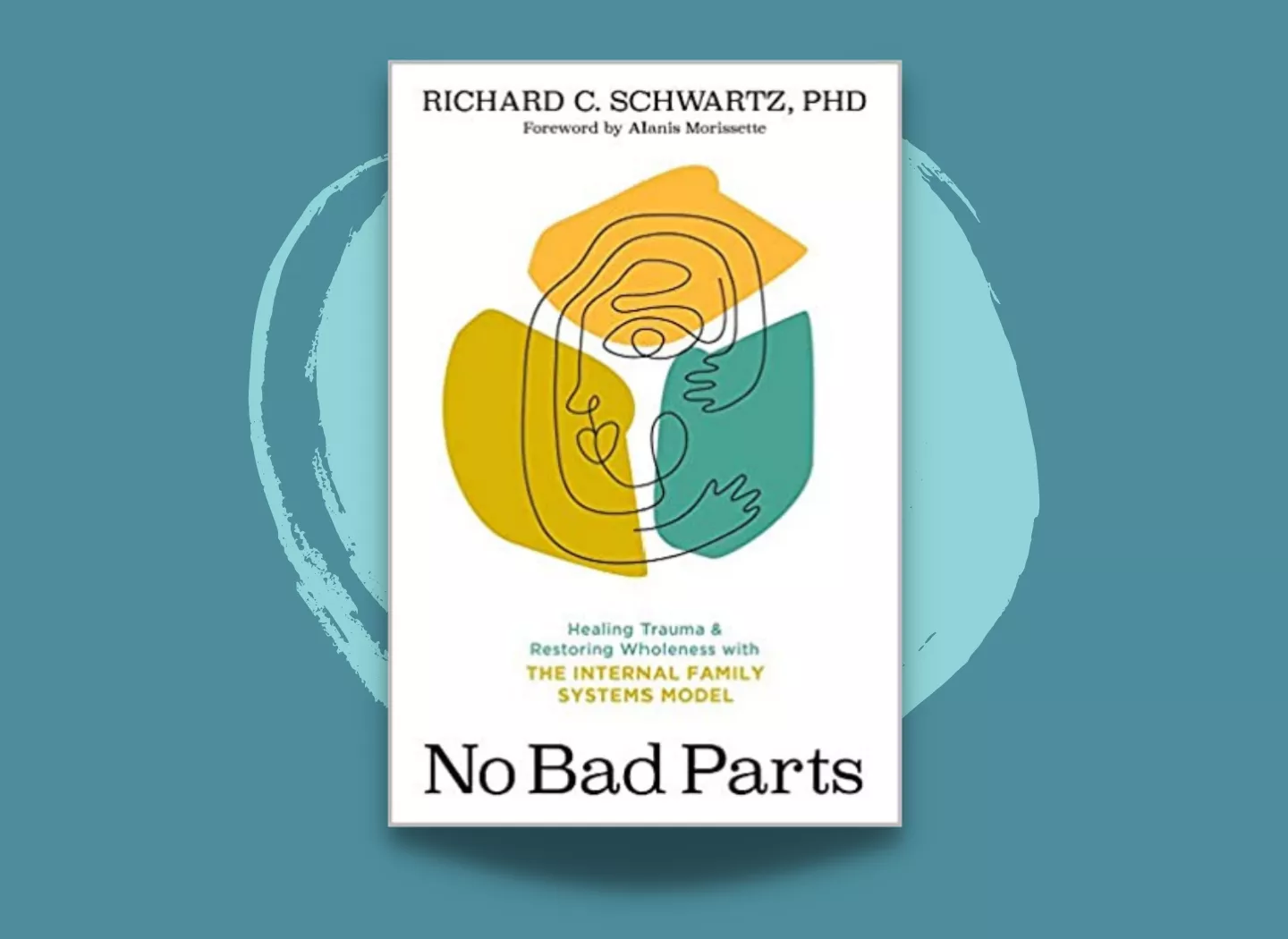
IFS (Internal Family System Therapy) is my main approach to psychotherapy. Working with me means IFS unless we contract otherwise. Here is a 5 min. introduction video for those who have never heard of IFS. Here is an in-depth interview by the British Psychological Society with Dr. Richard Schwartz, the founder of IFS. He explains what it is, how it is clinically applied and how it is different from other approaches. The model originated within his clients as they started talking about having inner parts. The film “Inside Out” is a good start to understand the theory of IFS.
Bullying; effects on brain
Here is a compilation of recent research on the effects of bullying on brain structures. Such brain research is rather new compared to research on complex trauma. Findings indicate similar effects of bullying as of trauma and neglect in childhood and adolescence.
Self-limiting inner talk
Short video with a woman who shed her own self-critical chain, a good example of how the way we communicate internally can take us over. The self talk can be so chronic that we do not notice it, it has become “us”, an inner “truth””about who we are. At times it can classify as inner abuse and a way we would not allow other people to talk to us. How come we allow ourselves to break us down? Therapy with me can replace self-criticism with self-compassion.
Effects of childhood abuse on the brain
Recent (2017) study supporting the theory of profound and demonstratable harmful effects of childhood abuse on the brain. How it is not something children forget, get over but may lastingly disrupt brain functions.
Psychotherapy and psychopharmacology
An interview with Frank Anderson psychiatrist and IFS Lead Trainer where he explores common questions and misconceptions about the use of medicine to aid therapy.
Failure is an event, not a person
A short video with Jay Shetty on limiting yourself by avoiding risks.
Don’t give up
These cutest ever ducklings all got there in the end. One was very fast, one came in very much the last one and most of them got there on a similar time. That is how we humans are. We were born into different circumstances and we have had different experiences in life. Some of us got really solid foundations in childhood that help us deal with adversities in life. Others did not and that might result in more life distress where more efforts and time is needed to heal our pain. Don’t give up in your strive for healing your pain and having a fulfilling life. Psychotherapy with me respects your inner world as it is and helps you heal in a safe effective manner.
Gabor Maté on childhood trauma
One of Maté´s good articles. He is a leading thinker on the nature and causes of addictions, anxiety, ADHD and stress. In my work I am guided by such an approach.
The therapeutic relationship and healing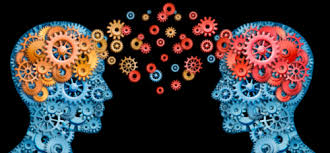
Attachment difficulties can seriously impair our quality of life. They create difficulties in relating and communicating with others in a nourishing deep way and in maintaining our relationships. Underlying is often anxiety, fear of other people and how they see us because we see ourselves in a negative shameful way. The origin of attachment difficulties is often in childhood and life re-enforces our believes. Here is a good article on how the therapeutic relationship can help to heal our relational difficulties – with others and ourselves.
A way to stop criticising yourself
This short cartoon explains how the inner critic works. Self-criticism can be so integrated in you that you do not even notice it, you think its normal, that this is “you .” But no! you do not need to accommodate it any longer. It is a voice that was created as a result of trauma or unfriendly behaviour of others towards you at some time in your life. Self-criticism can lead to depression and anxiety, particularly social anxiety, leading to isolation and inability to live to your fullest capabilities. The book “Embracing your inner critic: turning self-criticism into a creative asset” by Hal Stone and Sidra Stone is a good short book to start with. And this article, Inner Critic by Sharon Good. Therapy can transform self-criticism into self-compassion.


